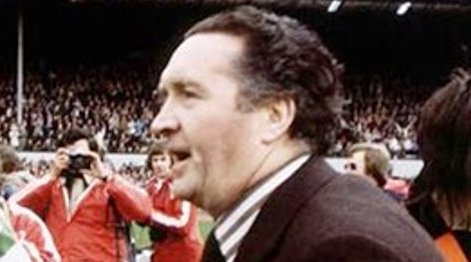CELTIC legend Jock Stein had an extraordinary impact on the Parkhead club after returning as manager in March 1965.
In another CQN EXCLUSIVE, Alex Gordon, author of fifteen publications on Celtic, has opened his book files on the Parkhead great for an absorbing twenty-one part series.
Today, in Part Eighteen of our fascinating look back at these landmark times in the annals of fame at a momentous football club, we continue as Big Jock is sidelined for a year after his near-fatal car accident.
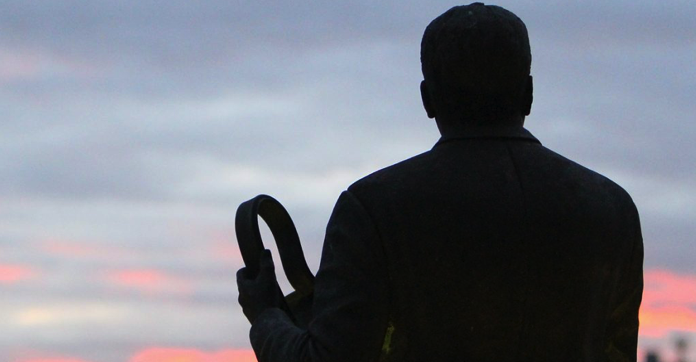
IN July 1975, Jock Stein came close to losing his life when he was involved in a horrific car crash on the A74 at Lockerbie. He was returning from holiday in Menorca with bookmaker friend Tony Queen and their wives when his Mercedes saloon was in a head-on collision with a vehicle driving in the wrong direction.
He was taken to Dumfries Hospital where he was deemed to be in a critical condition with head and chest injuries. Stein made a remarkable recovery and, within a week, he was in good spirits and allowed to go home.
The Celtic manager was ordered to recuperate away from football. He was expressly forbidden by doctors to go anywhere near a dug-out on matchday. Stein compromised. He would turn up at Celtic Park a couple of days a week while assistant Sean Fallon took charge of team matters. Celtic endured their first trophyless season in eleven years without the enormous influence of Stein.
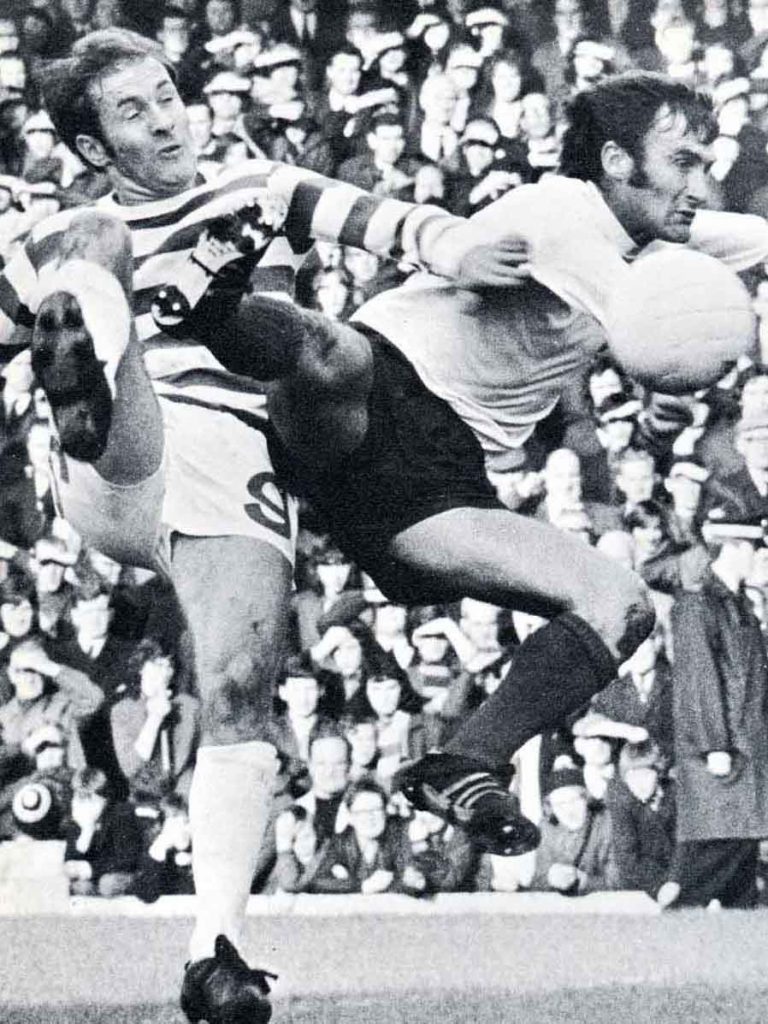
BEST FOOT FORWARD…Harry Hood is challenged by Dundee defender Bobby Wilson.
Harry Hood, the team’s multi-talented and clever forward, recalled the barren campaign: ‘Sean Fallon’s quality was not that of a team boss. I missed the influence of our manager that year. Like Danny McGrain, I always called our manager Mr. Stein. I thought he had earned that respect. Other players may have called him Big Jock or whatever, but he was always Mr. Stein to me.
‘Some of my Celtic team-mates had only known two managers in their careers, Jimmy McGrory and Jock Stein. They didn’t really have too much to compare Jock with. When I arrived at Celtic in 1969 I had played under about ten different managers in my two stints at Clyde and my spell at Sunderland. I was hugely impressed by the man.
‘Maybe some of the other players took him for granted and possibly didn’t appreciate what he brought to the team and the club, as a whole. But I could.
‘I realised very quickly he knew what he was talking about. He was by far the best manager I ever worked with. He looked at things in detail. He would work on all sorts of things. He would erect a defensive wall and tell me how he wanted me to take the free-kick. He wouldn’t tolerate anyone simply floating in a high ball.
‘He demanded that you bent the ball round the corner of the wall at a lower level for players to come in at speed and try to get a head or a foot on the ball in the most dangerous of areas between the goalkeeper and the defenders.
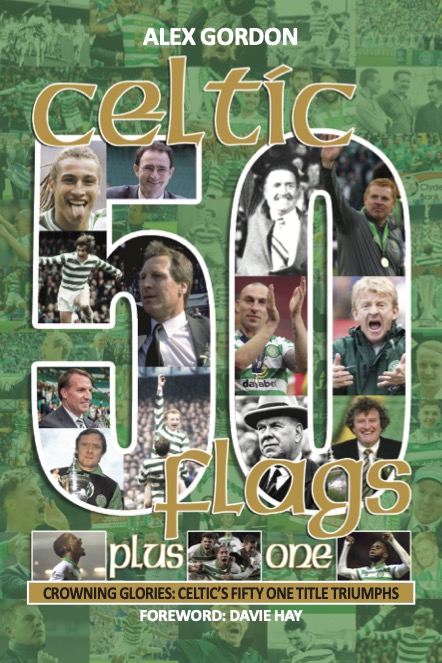
‘If you varied your delivery, you were made to do it again and again. I got dog’s abuse every now and again for not following his instructions down to the letter. So, if you didn’t want an ear-bashing, you just kept doing it his way. Then he would be satisfied. It was normally the first team defence who were in the wall so they could get used to facing a different type of deadball situation. Heaven help them if they lost a goal after practising defending such a move all week.
‘Jock was different class. Remember, I had been at Sunderland where I thought the club was a disgrace; an utter shambles. Players were allowed to get away with murder. To come back to Glasgow and work with the likes of a professional such as Jock Stein was an absolute privilege. Certainly, I never took his expertise for granted.
‘Obviously, as I say, I missed him the year he wasn’t in the dug-out. Sean Fallon left me out of the first team quite a lot and I got the impression I was a bit of a fall guy. I asked to play in the reserves rather than sit on a substitutes’ bench. I thought I would be of more use to the team if I was matchfit when I was called upon. Sean continually overlooked me and I admit it was frustrating.
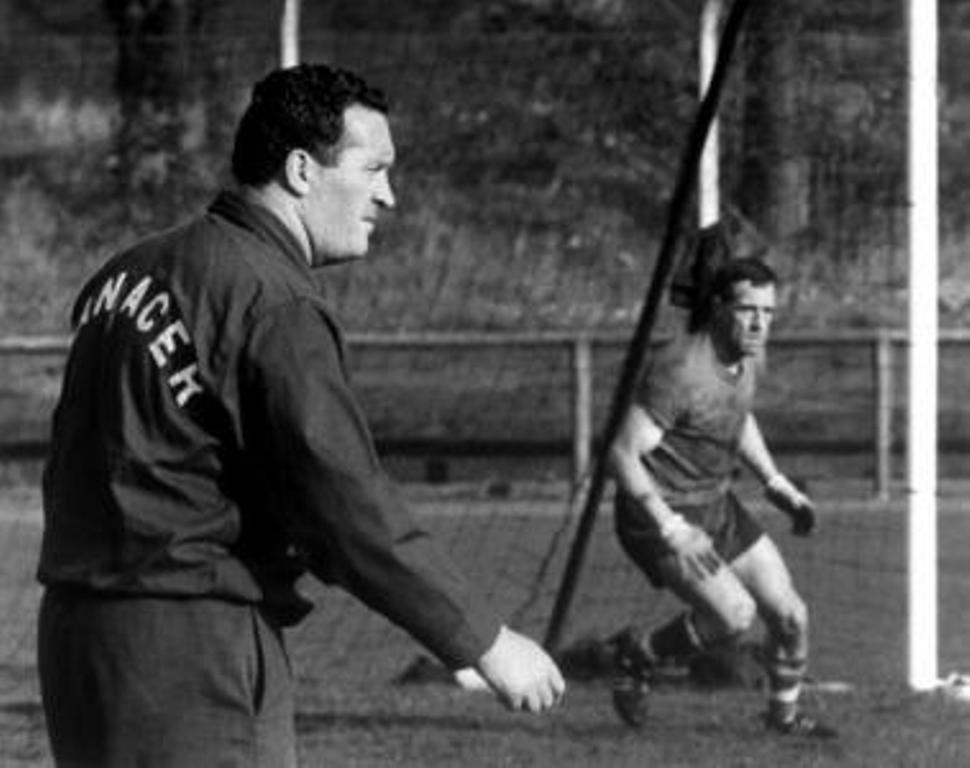
WATCHING BRIEF…Jock Stein keeps an eye on keeper Ronnie Simpson as he goes through his paces.
‘Then I was amazed when he pulled me aside and told me he wanted to play in each of the three away European ties that season. He told me I was a big-game player and he could rely on me. I wasn’t good enough to play in Scottish league games, but I was okay for Europe, apparently.
‘I wasn’t up to scratch to face Ayr United, St. Johnstone or Motherwell, but I could be trusted against Valur in Iceland, Boavista in Portugal and Sachesring Zwickau in East Germany.
‘I never took a first team place for granted. However, I had played the bulk of the games the previous campaign with Jock Stein in charge and, suddenly, I was mainly surplus to requirements by Sean. I didn’t believe I should walk straight into the first team. Your feet were always on the ground at Celtic. I remember I scored a hat-trick in a 3-1 success against Rangers in the League Cup semi-final in 1973.
‘I was delighted with that achievement. I was in the Hampden bath afterwards when trainer Neilly Mochan congratulated me on my two goals. I thought he was winding me up. I had to convince him afterwards I had, in fact, netted three. That was Celtic. You get three against Rangers and get credited with two. Back in season 1970/71 I finished as the club’s top scorer with thirty-one goals.
‘I was playing in my preferred position as main striker although I could operate in midfield or on the wing. What happened the following season? I was put back to support striker with Kenny Dalglish coming in as the main man. No, you never took anything for granted at Celtic.
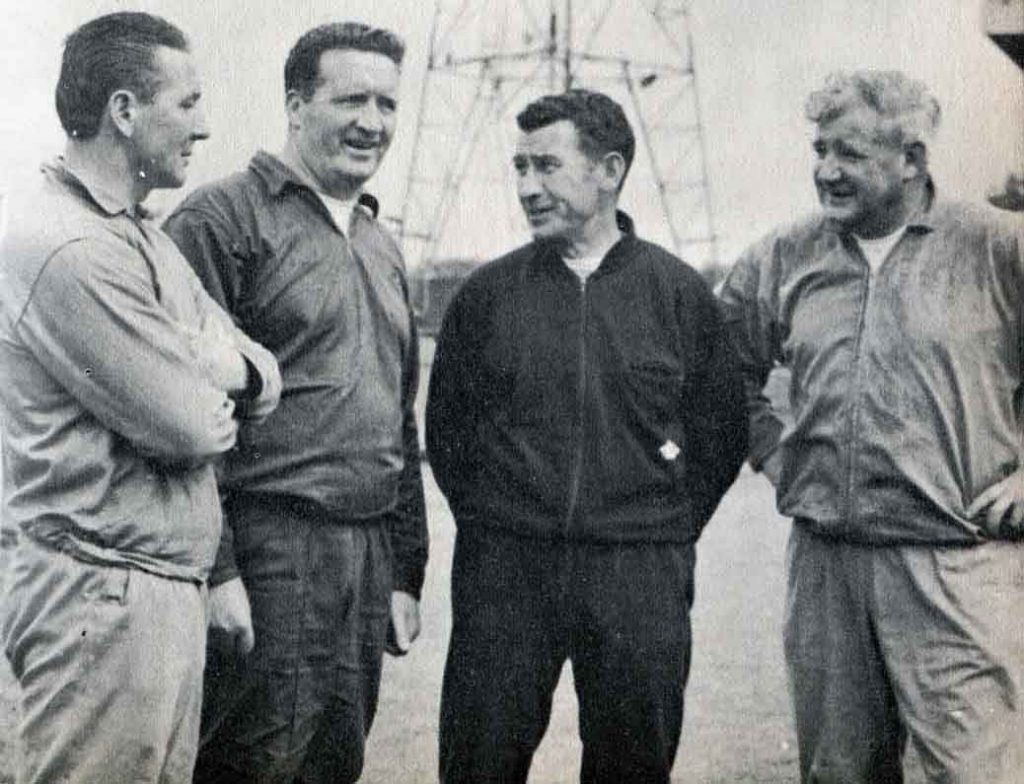
FOUR JUST MEN…Jock Stein and Sean Fallon flanked by Neil Mochan and Bob Rooney.
‘I thought I did reasonably well in the six years I played with Jock Stein in charge. Yes, he rarely complimented a player, but, as a professional, you accepted you were doing a job of work to the best of your ability. The attitude of the manager seemed to get through to some of the fans, too. I remember I was at a supporters’ function and was quite pleased with the way I was playing around that time.
‘This bloke came over to my table and I was awaiting some sort of compliment. He looked at me and simply said, “Two good feet.” And with that he walked away. So, that was me summed up as a Celtic player in three words – two good feet. Thanks, mate.
‘By the end of the season when Jock Stein was missing I did something I completely regretted; I asked for a free transfer. I was thirty-two-years-old at the time and, to be honest, I didn’t think the manager would be back. It was difficult to believe he would ever overcome his injuries to recover fully to return to the dug-out.
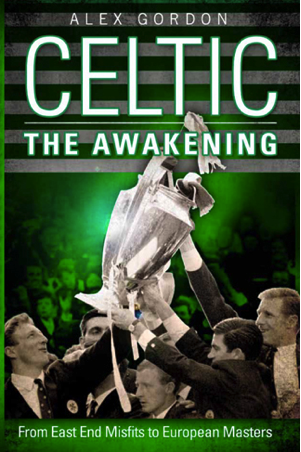
‘To his eternal credit, he managed to do just that. Looking back, I think I could have had another two years at Celtic with him at the helm.’
Without Stein’s tactical influence, Celtic had no-one to replace Jimmy Johnstone as an out-and-out right-winger. Midfielders such as Jackie McNamara and Ronnie Glavin wore the No.7 shorts, but were unlikely to hurtle down the flank and belt over inviting crosses. Paul Wilson was switched from left to right on a few occasions without any notable success. Andy Ritchie came in, but was clearly not built for speed.
Eventually, Celtic parted with £90,000 to buy Johnny Doyle from Ayr United in March. Doyle was another who never attempted to disguise his affection for the Hoops and he did his best for the club so close to his heart. He had breathtaking pace, fought for every morsel and gave up on nothing. But, as one fan observed, ‘If you opened the gates he would keep on running and goodness knows where he would come to a halt.’
An effort from Alex MacDonald gave Rangers a 1-0 victory in the League Cup Final while a 3-2 defeat from Motherwell in the first round of the Scottish Cup at Fir Park exposed all the flaws in the faltering line-up. Celtic were two goals ahead at the interval against Well with efforts from Kenny Dalglish and Andy Lynch.
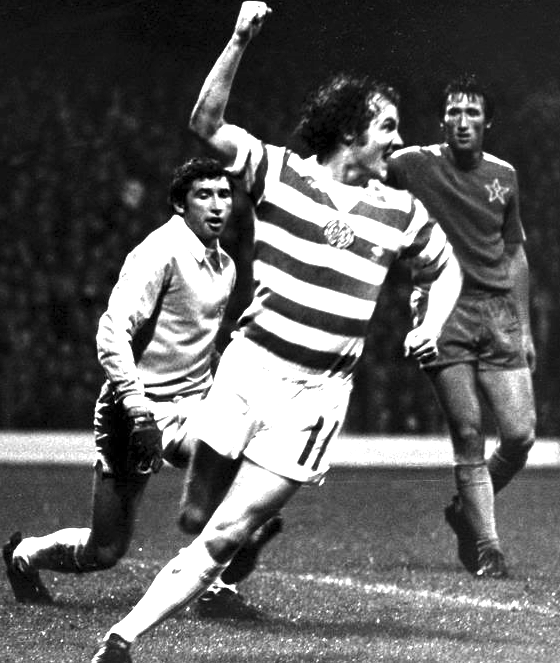
JOY BHOY…Johnny Doyle celebrates a goal for his beloved Celtic.
In the not-too-distant past that would have constituted game over. Not in this particular season of torment. With lively forwards Willie Pettigrew and Bobby Graham upping the pace for the home side in the second-half, the Parkhead outfit, to the dismay of the travelling support, capitulated.
Rangers won the first of the new-look thirty-six game Premier League with fifty-four points. Celtic settled for forty-eight. Teams would play each other four times in the restructured top division. Rangers, with Jock Wallace in charge, helped themselves to six of the eight points available in the Old Firm games, winning two and drawing two.
Interestingly, that was their points advantage at the end of a forgettable campaign. The little-known East Germans of Sachesring Zwickau put paid to interest in the European Cup-Winners’ Cup at the quarter-final stage with a 2-1 aggregate victory.
Celtic without Jock Stein was as functionable as a train without railway tracks.
* TOMORROW: THE JOCK STEIN YEARS: PART NINETEEN: The glory days return.

